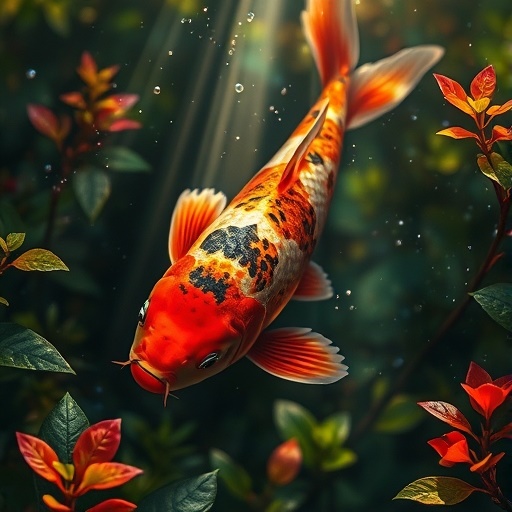In the world of symbolism and superstition, koi fish are often associated with prosperity, perseverance, and good fortune. However, like any living being, koi fish are not immune to hardships, and certain years are believed to be more challenging or unlucky for these beautiful creatures. What causes this notion of an “unlucky year,” and how does it impact koi enthusiasts?
The Origins of Koi and Their Symbolism
Koi fish have a long history rooted in Japanese and Chinese culture. They are celebrated for their vibrant colors, resilience, and ability to swim against strong currents, symbolizing strength in adversity. Despite their auspicious associations, cultural beliefs suggest that even koi fish experience cycles of fortune, reflecting the natural balance of life.
What Is an Unlucky Year for Koi?
In koi fish culture, an unlucky year refers to periods when koi are believed to face higher risks, such as disease outbreaks, environmental challenges, or even mismanagement by their owners. Factors contributing to these challenges often include:
- Weather Changes: Extreme weather fluctuations can stress koi fish and make them susceptible to illnesses.
- Water Quality Issues: Poor maintenance of ponds or tanks can lead to deteriorating conditions, negatively impacting their health.
- Astrological Beliefs: Some koi enthusiasts align their practices with lunar or zodiac calendars, believing certain years might bring bad energy to their koi.
Cultural and Superstitious Practices
In some traditions, people take extra care of their koi fish during these so-called unlucky years. Rituals, such as offering blessings or improving the koi pond environment, are common practices to ward off misfortune. Koi breeders may also see these years as reminders to pay closer attention to health checks and pond maintenance.
How to Protect Koi During Challenging Times
Whether or not one believes in the concept of an unlucky year, koi care requires diligence. Here are some tips to ensure your koi thrive, even during tough periods:
- Maintain Optimal Water Quality: Regularly test and adjust the pH, ammonia, and nitrate levels in the pond.
- Monitor Fish Health: Look for early signs of illness, such as changes in behavior or appearance, and act quickly.
- Provide Balanced Nutrition: A high-quality diet helps strengthen koi immunity.
- Create a Safe Environment: Ensure the pond is protected from predators and has enough shade and filtration.
Embracing the Balance of Nature
The idea of an unlucky year for koi fish reminds us that all living things experience ups and downs. By recognizing these cycles and providing proper care, koi enthusiasts can help their fish overcome challenges and continue to thrive. Misfortune, after all, can be a stepping stone to better times ahead.
In the end, koi fish embody resilience, and their ability to endure adversity is what makes them a timeless symbol of hope and perseverance.

